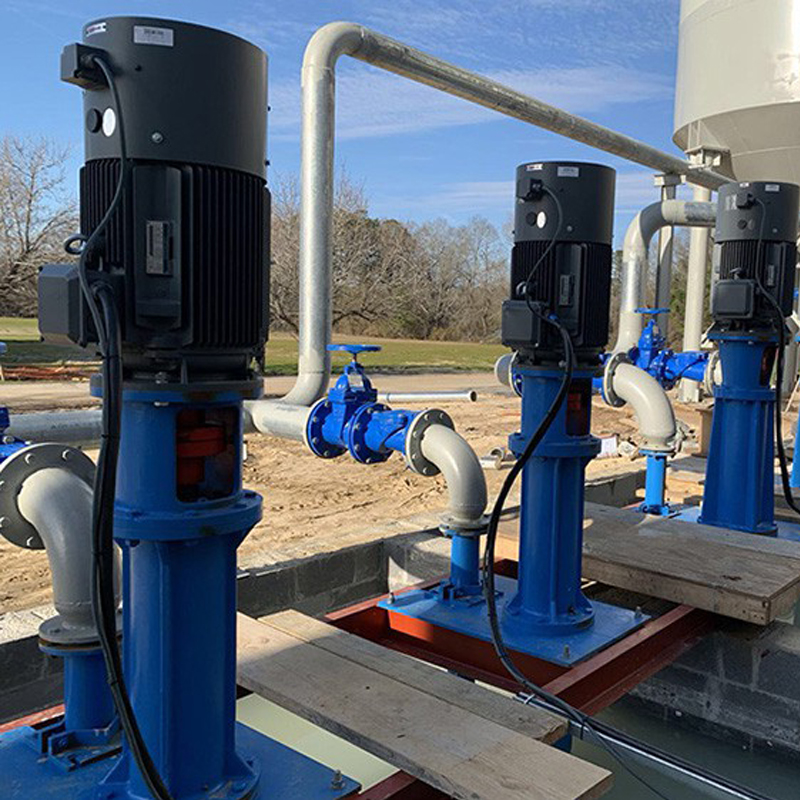English
- Afrikaans
- Albanian
- Amharic
- Arabic
- Armenian
- Azerbaijani
- Basque
- Belarusian
- Bengali
- Bosnian
- Bulgarian
- Catalan
- Cebuano
- Corsican
- Croatian
- Czech
- Danish
- Dutch
- English
- Esperanto
- Estonian
- Finnish
- French
- Frisian
- Galician
- Georgian
- German
- Greek
- Gujarati
- Haitian Creole
- hausa
- hawaiian
- Hebrew
- Hindi
- Miao
- Hungarian
- Icelandic
- igbo
- Indonesian
- irish
- Italian
- Japanese
- Javanese
- Kannada
- kazakh
- Khmer
- Rwandese
- Korean
- Kurdish
- Kyrgyz
- Lao
- Latin
- Latvian
- Lithuanian
- Luxembourgish
- Macedonian
- Malgashi
- Malay
- Malayalam
- Maltese
- Maori
- Marathi
- Mongolian
- Myanmar
- Nepali
- Norwegian
- Norwegian
- Occitan
- Pashto
- Persian
- Polish
- Portuguese
- Punjabi
- Romanian
- Russian
- Samoan
- Scottish Gaelic
- Serbian
- Sesotho
- Shona
- Sindhi
- Sinhala
- Slovak
- Slovenian
- Somali
- Spanish
- Sundanese
- Swahili
- Swedish
- Tagalog
- Tajik
- Tamil
- Tatar
- Telugu
- Thai
- Turkish
- Turkmen
- Ukrainian
- Urdu
- Uighur
- Uzbek
- Vietnamese
- Welsh
- Bantu
- Yiddish
- Yoruba
- Zulu
Telephone: +86 13120555503
Email: frank@cypump.com
Nov . 23, 2024 17:55 Back to list
sewage pump systems
Sewage Pump Systems An Essential Component of Wastewater Management
Sewage pump systems play a crucial role in the effective management of wastewater. These systems are designed to transport sewage and wastewater from lower areas to treatment facilities or higher elevation points. They are vital in both residential and commercial settings, ensuring proper sanitation and environmental protection.
At the heart of sewage pump systems are the sewage pumps themselves. These pumps are specifically engineered to handle the tough job of moving waste. Unlike standard water pumps, sewage pumps are equipped to handle solids and debris, including toilet paper, food particles, and other materials that may be present in household wastewater. Typically, these pumps use a submersible design, which allows them to operate while submerged in the sewage, making them highly efficient in lifting waste to the required elevation.
When selecting a sewage pump system, several factors must be considered. The flow rate is one of the most crucial aspects. This rate determines how quickly sewage can be moved through the system, directly impacting its efficiency. Another important consideration is the total dynamic head (TDH), which measures the height the pump must lift the sewage. Properly calculating the TDH ensures that the selected pump can effectively move wastewater without encountering operational issues.
sewage pump systems

Installation of a sewage pump system requires careful planning and execution. Generally, these systems are installed in basements or underground pits known as sump pits. The pump is activated by a float switch that detects the level of sewage in the pit. When sewage rises to a certain level, the pump turns on, moving the waste to the designated disposal point. This automation is vital in maintaining a sanitary environment and preventing backups that can lead to costly repairs and health hazards.
Regular maintenance of sewage pump systems is essential. Routine checks and preventative maintenance can help avoid unexpected breakdowns. Homeowners should monitor their pumps for unusual noises or vibrations, which could indicate a problem. Additionally, ensuring that the sump pit is free from debris can prolong the life of the pump. Professional inspections are also recommended, typically on an annual basis, to address any potential issues before they escalate.
In recent years, advancements in technology have led to the development of more efficient and environmentally friendly sewage pump systems. Modern pumps often incorporate energy-efficient motors and smart technology that allows for remote monitoring and diagnostics. This innovation not only helps in reducing operational costs but also enhances the overall reliability of wastewater management systems.
In conclusion, sewage pump systems are indispensable in safeguarding public health and the environment. By effectively managing wastewater, these systems prevent contamination and ensure that communities can thrive. Whether in a residential setting or a larger commercial application, understanding the importance of sewage pump systems and their maintenance can lead to better management of our essential resources. As technology continues to evolve, we can expect even more efficient solutions to address wastewater challenges in the future.
-
Horizontal Split Case Pump with GPT-4 Turbo | High Efficiency
NewsAug.01,2025
-
ISG Series Pipeline Pump - Chi Yuan Pumps | High Efficiency, Durable Design
NewsAug.01,2025
-
Advanced Flue Gas Desulfurization Pump with GPT-4 Turbo | Durable & Efficient
NewsJul.31,2025
-
ISG Series Vertical Pipeline Pump - Chi Yuan Pumps | Advanced Hydraulic Design&Durable Construction
NewsJul.31,2025
-
ISG Series Vertical Pipeline Pump - Chi Yuan Pumps | Energy Efficient & Low Noise
NewsJul.31,2025
-
pipeline pump - Chi Yuan Pumps Co., LTD.|High Efficiency&Low Noise
NewsJul.31,2025










